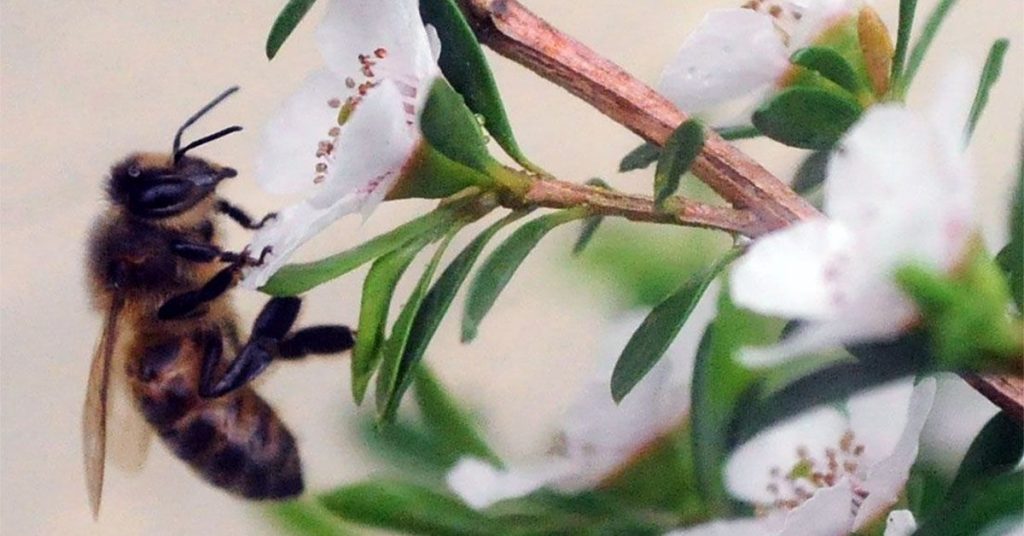Breast cancer is the second most common cancer in the world, with about 2.3 million women receiving a diagnosis each year. About 80% of breast cancer cases are estrogen receptor-positive (ER-positive), meaning the cancer cells contain receptors that bind to estrogen. Current treatment options for ER-positive breast cancer include surgery, chemotherapy, radiation therapy, and hormonal therapy. However, some people also explore complementary and alternative treatments, such as Manuka honey, to help prevent and treat breast cancer. Researchers from the University of California, Los Angeles, have found that Manuka honey may be a potential alternative option for treating ER-positive breast cancer based on their animal and cancer cell models study.
Manuka honey is produced by bees who collect nectar from the Manuka tree, which is native to Australia and New Zealand. This unique honey contains various nutrients and bioactive compounds that are believed to offer health benefits. The researchers at the University of California, Los Angeles conducted a study to investigate the effects of Manuka honey on breast cancer using mouse and breast cancer cell models. They discovered that Manuka honey caused an 84% reduction in tumor growth in mice with ER-positive breast cancer cells without harming healthy breast cells or causing major side effects.
Higher doses of Manuka honey were found to be correlated with a more significant reduction in cancer cell growth. The researchers also observed that using Manuka honey helped decrease levels of signaling pathways that promote cancer cell growth, such as AMP-activated protein kinase (AMPK), AKT, mTOR, and STAT3. These pathways play crucial roles in tumor progression, and targeting them could potentially inhibit cancer growth. The scientists suggested that Manuka honey’s antitumor effects may be due to its ability to act as a selective estrogen receptor modulator (SERM) and inhibit growth factor signaling pathways.
Medical experts have expressed interest and optimism in the potential use of Manuka honey as a natural supplement for breast cancer treatment. However, further research is needed to determine the safe dosing and optimal treatment effects in humans. Some concerns have been raised about the potential impact of Manuka honey on glucose levels, which could affect cancer patients. Despite these concerns, many experts believe that the unique properties of Manuka honey, such as its antibacterial, antimicrobial, and antioxidant effects, could make it a valuable addition to conventional breast cancer treatment without the harsh side effects often associated with traditional therapies.
For individuals interested in incorporating Manuka honey into their diet, nutrition experts recommend a moderate approach due to its high sugar content. Some suggestions for using Manuka honey include adding it to tea, oatmeal, yogurt, fruit, or smoothies. It can also be used in salad dressings, marinades, or glazes for a touch of sweetness and potential health benefits. Quality, source, and authenticity are important factors to consider when choosing Manuka honey to ensure maximum benefits. Overall, the research on Manuka honey’s antitumor effects is promising and warrants further investigation to validate its potential as a complementary treatment option for ER-positive breast cancer.













